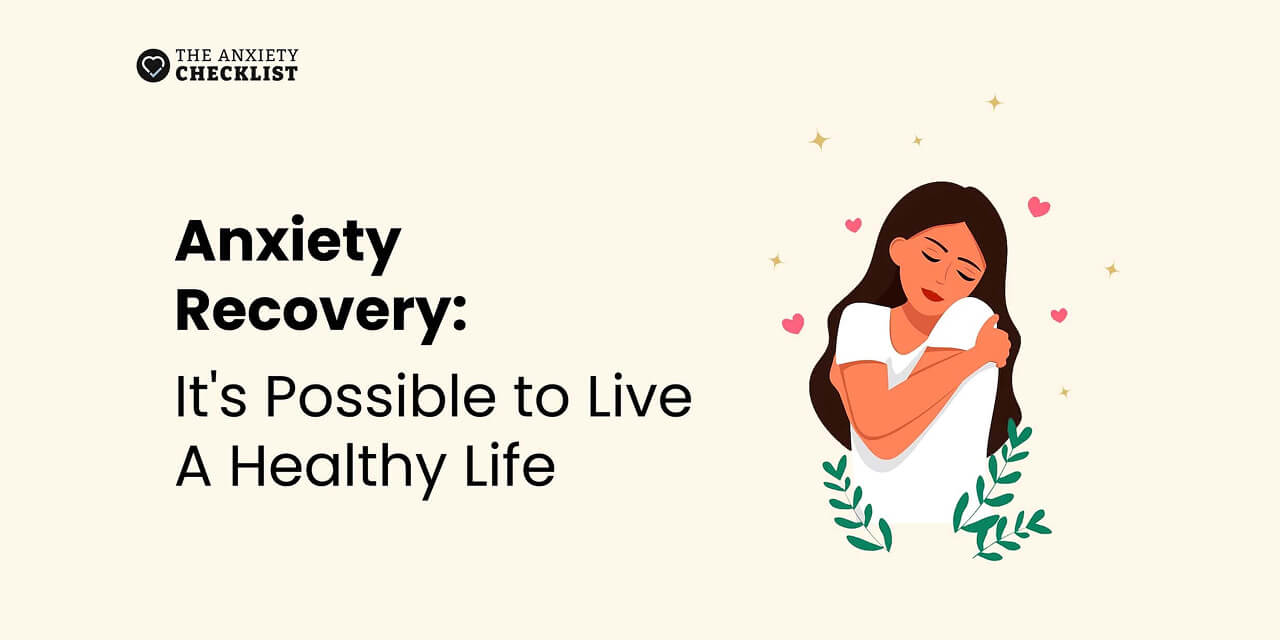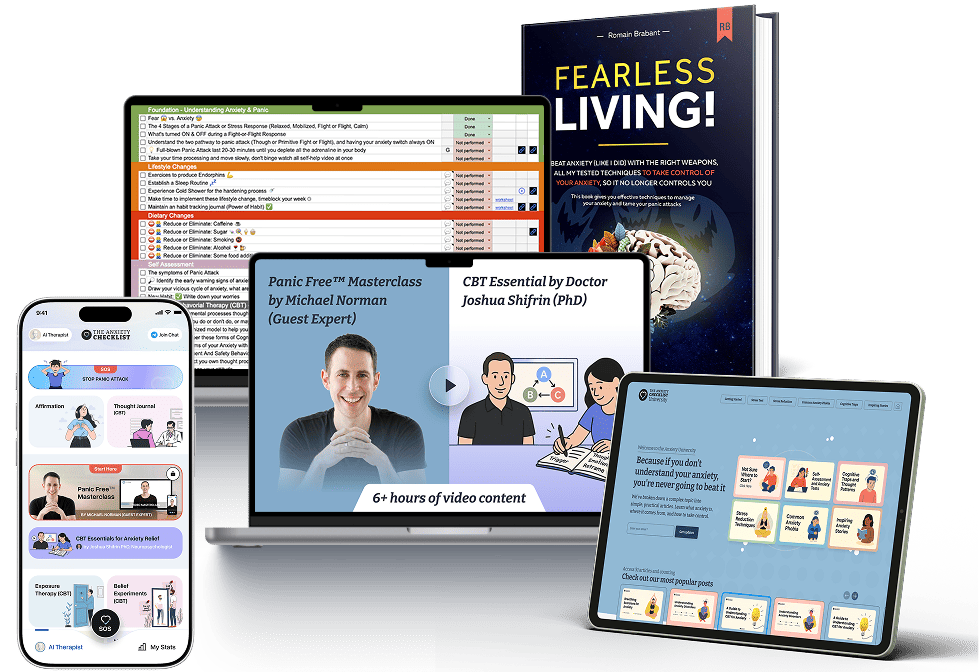When anxiety hits, do you know what to do next?
Learn how to calm your body, interrupt fear loops, and regain control step by step.
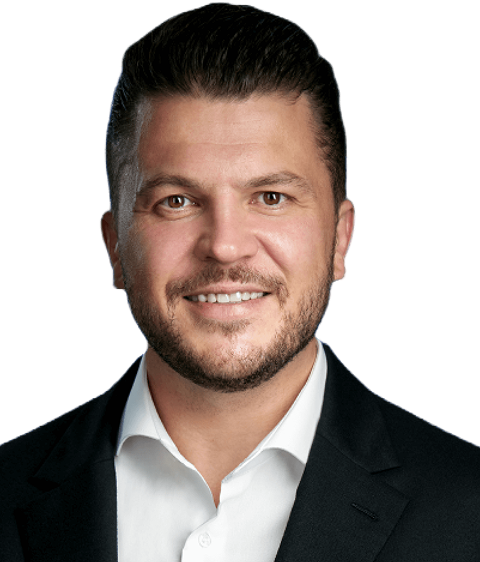
About the Founder
Hi, I’m Romain
I’ve suffered from severe anxiety for over 15 years. I’m talking about the serious stuff-constant negativity, crippling worry and full-blown panic attacks.
That’s what led me to create Fearless Living and the Anxiety Checklist—to help others find their way back, too.
With these tools, I started to see progress. Now, I’m able to live with my anxiety more comfortably (it may never fully disappear, but I’m the one in control).
Now I’m more confident of socially stepping out without the fear of what might happen if anxiety kicks in. I can recognize the symptoms quickly and prepare to handle the attacks and you can too!
Common Symptoms of Anxiety You Need to Know
Sometimes, anxiety is invisible to the people around you. You may look okay, but you could feel it coming deep down. Here are some common symptoms you should familiarize yourself with to be ready.

1. Panic Attacks
This is one of the first physical signs people notice. Suddenly, your chest tightens, your heart races, and you can't breathe.
Then you notice that you’re experiencing a panic attack, which may make you feel like you're having a heart attack or about to die. Relearning how to feel safe in your body is part of the process of anxiety recovery.
2. Shortness of Breath
You may have difficulty breathing or feel like you’re choking, and then you begin to panic, which only makes the breathing worse.
It’s common to think something is physically wrong once you experience this.
3. Feeling Detached from Reality
Detachment can make you feel like you're floating outside of your body or like the world around you isn’t real. It’s an unsettling experience.
You might question whether you're going crazy, but know that you’re not. Learning grounding techniques can help you stay connected to the moment, aiding your anxiety recovery.
4. Fatigue
Anxiety is exhausting. Even if you haven't done much physically, your body and brain have been running a marathon.
Constant worrying, tense muscles, and disrupted sleep take their toll on the body. It’s important to listen to your body and give it rest when it needs it.
5. Sleep Disturbances
Falling asleep might take hours because your mind won’t stop spinning. Or you might wake up in the middle of the night and not be able to fall back asleep.
Lack of sleep only fuels more anxiety the next day. This is why promoting good sleep habits is a crucial step during anxiety recovery, even if progress takes time.
6. Restlessness and Difficulty Concentrating
Restlessness feels like you just can’t sit still. You might find yourself rereading the same line over and over, forgetting simple tasks, or zoning out mid-conversation.
Remember, breathing exercises are a key tool in anxiety recovery and can help break this cycle
Here are some breathing exercises you can follow to reduce restlessness and help with momentary anxiety recovery:
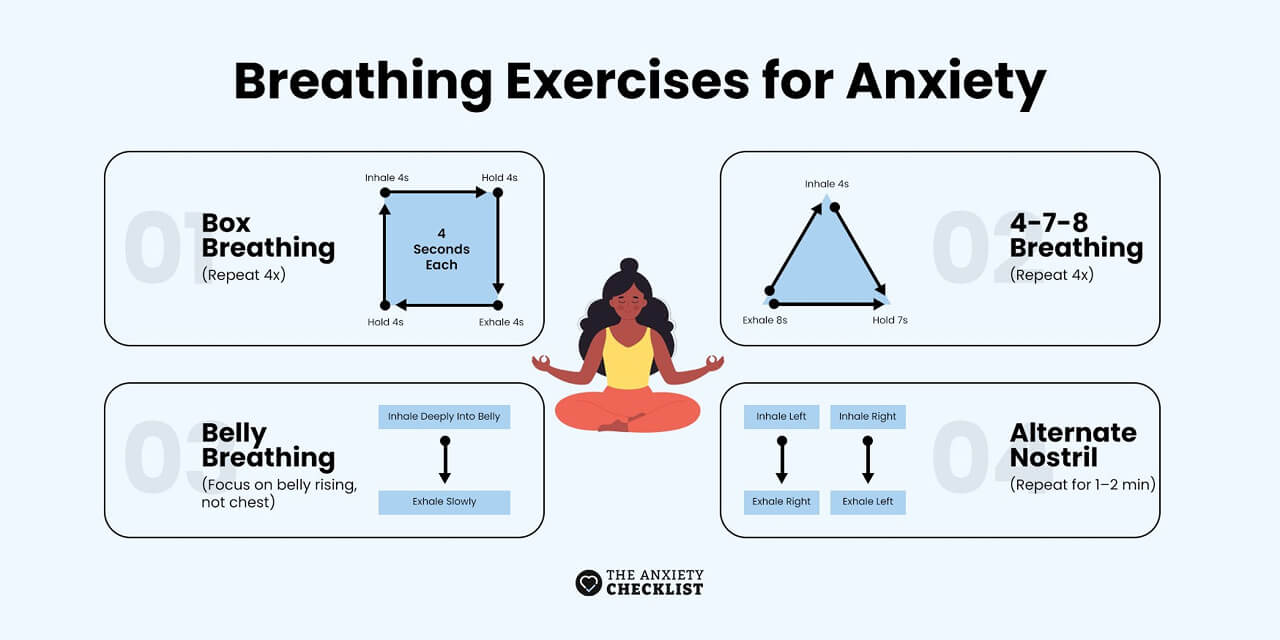
7. Avoiding Anxiety-Triggering Situations
Social anxiety might stop you from going places or doing things with others. Avoidance initially feels like relief, but it shrinks your world over time.
Facing fears slowly and safely is a key part of anxiety recovery. It helps rebuild trust in yourself and shows your brain that those triggers aren’t dangerous.
Anxiety Recovery Journey: You Are Capable of Healing
The anxiety recovery journey is different for every person, but one thing is sure: you can heal and live a healthy life.
With the right mindset, support, and self-compassion, you can regain control and live a peaceful, fulfilling life.
1. Full Anxiety Recovery Is Possible
People have fully recovered from anxiety before, so it’s possible. Anxiety recovery goes beyond just learning to manage it or coping better. You can live your life without the crippling phobias interfering with your day.
You don’t need perfect routines or constant positivity. What helps with anxiety recovery is learning how to stop pushing yourself so hard and listening to your body.
Some days you’ll feel like you’re moving backwards. But that’s part of anxiety recovery. Keep going.
2. You Are Not Stuck
It’s so easy to feel like you’re stuck in this forever. You may also feel you’ve tried every anxiety recovery solution, but nothing works. Escaping might also feel impossible, but recovering from anxiety is possible.
Your brain learns through patterns and repetition. If you’ve been in a fear cycle for a while, your nervous system has just gotten good at being afraid.
It’s not permanent or a character flaw. You’re not stuck; you’re just in a loop, and loops can be broken. Every time you feel a wave of anxiety and don’t run from it, that’s progress.
That’s proof that your brain is learning something new, and anxiety recovery is possible.
3. You’re Not in Danger
Anxiety can make you feel paranoid. Your heart might be racing, and your chest might feel tight, but those feelings are false alarms.
It activates the same systems in your body as real danger does, even without a real threat in front of you. When you stop treating every symptom like an emergency, anxiety recovery speeds up.
Start by reminding yourself that the discomfort you’re feeling isn’t dangerous. Instead of suppressing the emotion, allow yourself to feel it without the urge to fix it immediately. Take deep breaths, pause, and give these feelings time to pass.
4. You’re Not Alone
According to Mental Health America, over 21% of American adults suffer from anxiety disorders. That’s over 42.5 million people. So you’re not walking the road less travelled and there are things you can do to recover like many others.
Find a community if you can, read books by people who’ve made it through, or join support groups.
Remember, you don’t have to battle in silence!
5. You’re Not Dysfunctional
Anxiety can make you feel like there’s something fundamentally wrong with you. It can make you feel broken, lazy, or weak.
But the truth is, you’re simply a human being facing a common emotion even if it seems abnormal.
That’s just your brain overprotecting you, and your nervous system needing help resetting.
Don’t let anxiety make you judge yourself harshly. You’re doing the best you can with what you have.
6. It’s Okay if Calming Methods Don’t Work Immediately
Sometimes, breathing exercises, meditation, or affirmations don’t seem to do anything at the moment. That can feel discouraging, especially when all you can hear is “just breathe” or “just think positive.”
If you’ve tried calming tools that didn’t work at that instant, it's okay — accepting the zen mode takes time. It doesn’t mean you’re doing them wrong or beyond help.
Anxiety recovery starts when you stop trying to get rid of the symptoms and start accepting them. It’s a shift from “I need to calm down” to “I am calm and grounded.”
7. Help Is Always Here
Whether you’ve just started trying to understand your anxiety or you’ve been at it for years, help is always available.
There are psychotherapists who specialize in anxiety recovery and helpful books that explain exactly what you’re going through. You can get help through online programs, courses, peer support groups, podcasts, recovery coaches, and more.
The internet can be overwhelming, but it also means help is more available than ever.
8. Progress Isn’t Always Linear
Recovery doesn’t follow a straight path—and that’s okay.
Some days you’ll feel strong and grounded, and others might knock you down. That doesn’t mean you’re failing. Healing happens in layers; every difficult day is still part of your growth.
Setbacks aren’t signs you’re going backward—they’re invitations to rest, reset, and keep going.
Resources and Support
Getting support when you need it can help with healing and provide valuable guidance and encouragement.
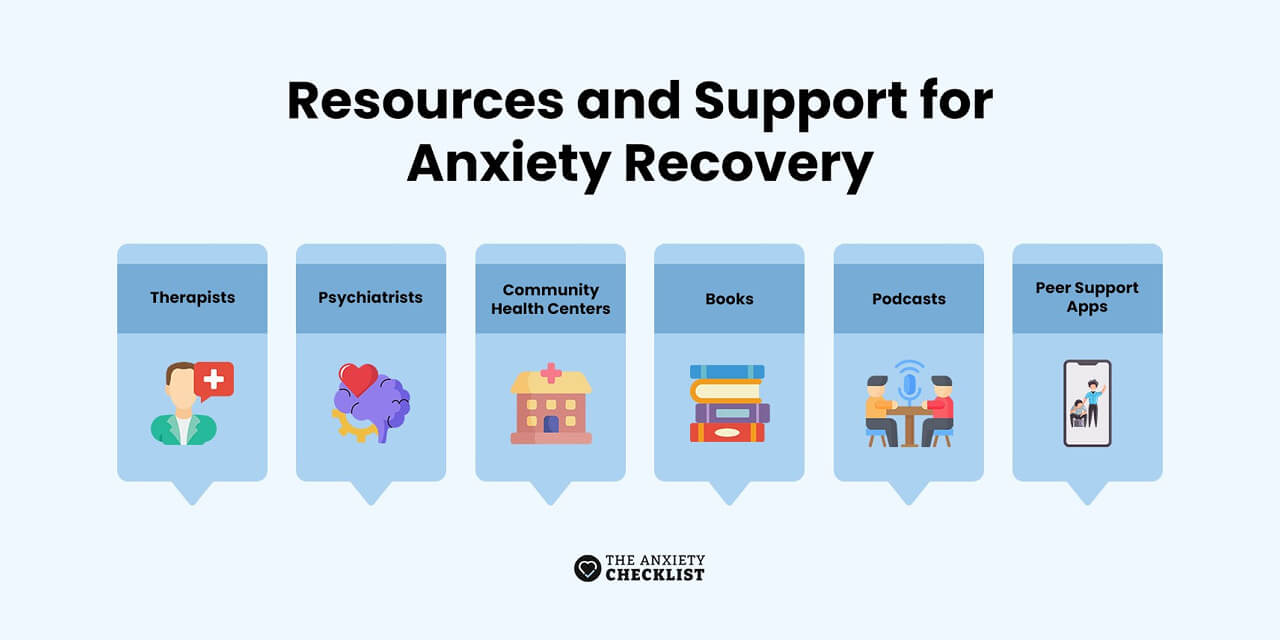
Therapists (Licensed Counselors, Psychologists)
These are the people you can talk to about your thoughts, fears, and habits without being judged. A good therapist helps you sort through thoughts that feel messy or overwhelming. They can help you notice patterns and challenge fears that feel too big.
Examples of anxiety recovery help offered by therapists include things like exposure therapy. This can help you figure out what’s feeding your anxiety and what steps might help ease it. Cognitive behavioral therapy (CBT) is another option that focuses on how your thoughts influence your fears.
Psychiatrists
Psychiatrists are medical doctors who specialize in mental health and can prescribe medication. If your anxiety is severe or doesn’t respond to therapy alone, medication might be part of your anxiety recovery plan.
If you’re recovering from anxiety, meeting with a psychiatrist also gives you a chance to talk about your physical symptoms that come with it.
Psychiatrists help rule out other causes and decide if medication could make things more manageable.
Community Health Centers
A community health center is an excellent option for people who don’t have insurance or can’t afford private care. They often offer therapy, psychiatry, and medical services in one place, and fees are usually based on your income.
What makes these centers even more helpful is that they often understand the stress that comes with financial pressure. So, they won’t dismiss your feelings but help you on your anxiety recovery journey.
Books
There are self help books written by qualified experts for people recovering from anxiety. Such books can be a steady support system. They break down how anxiety works, how it affects your body, and what habits tend to feed it.
Some books include exercises you can try, while others focus more on changing the way you relate to your anxiety instead of fighting it all the time.
With these books, you can move at your own pace while rereading the parts that speak to you.
Podcasts
Anxiety recovery podcasts add a human voice to the educational experience. Hearing someone speak in a calm, reassuring tone can help you feel more grounded.
Many mental health podcasts talk about real experiences, coping tools, or the science behind anxiety in simple terms. They can feel like a safe space because you’re listening to people who have experienced such feelings and are recovering from anxiety.
Being around people who get what you’re going through can offer comfort and sometimes even relief. You can fully recover from anxiety through community support in the following ways.
Peer Support Apps
These apps offer one-on-one chats or group spaces where people discuss anxiety and support each other. The conversations feel more relatable and less intimidating. Examples include Wisdo and Togetherall.
Frequently Asked Questions
Anxiety Recovery is Possible
Previous Article
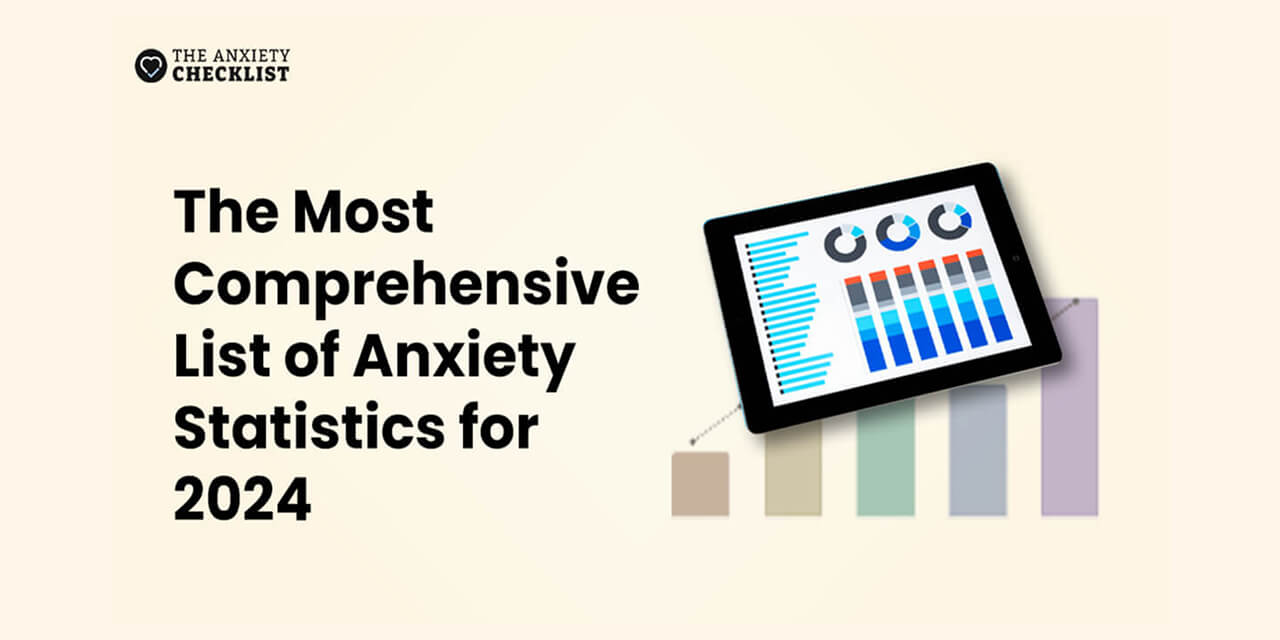
Comprehensive List of Anxiety Statistics
Next Article
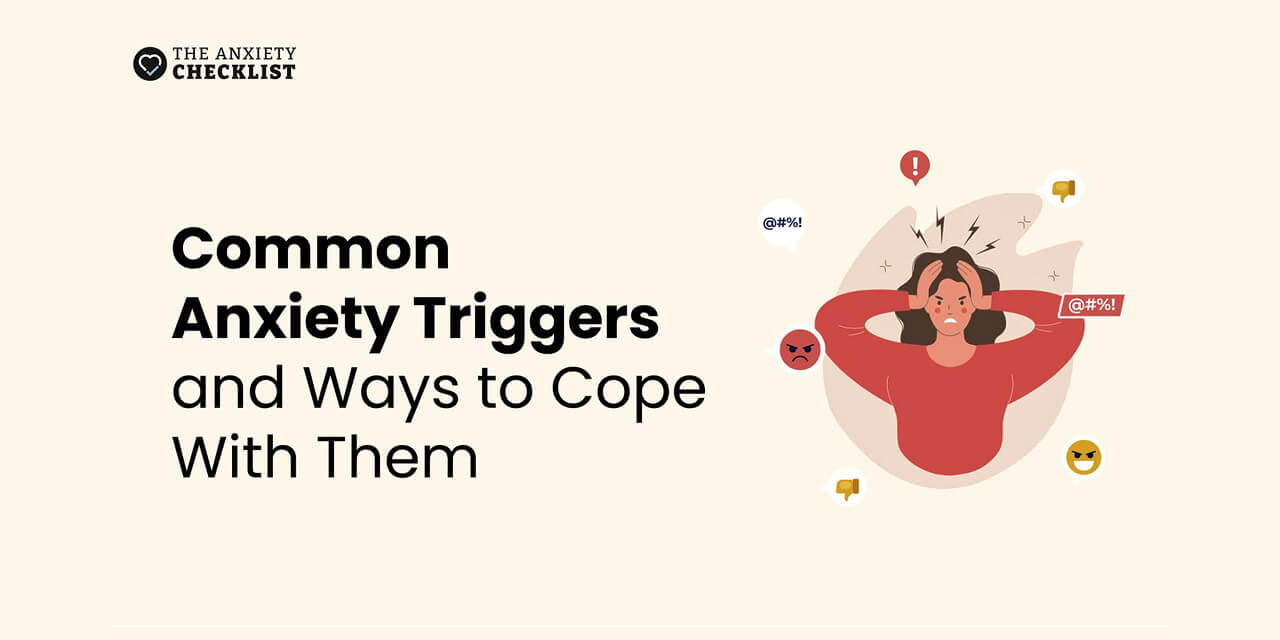
Common Anxiety Triggers and Ways to Cope With Them
If you are in a crisis or any other person may be in danger - don't use this site. These resources can provide you with immediate help.


